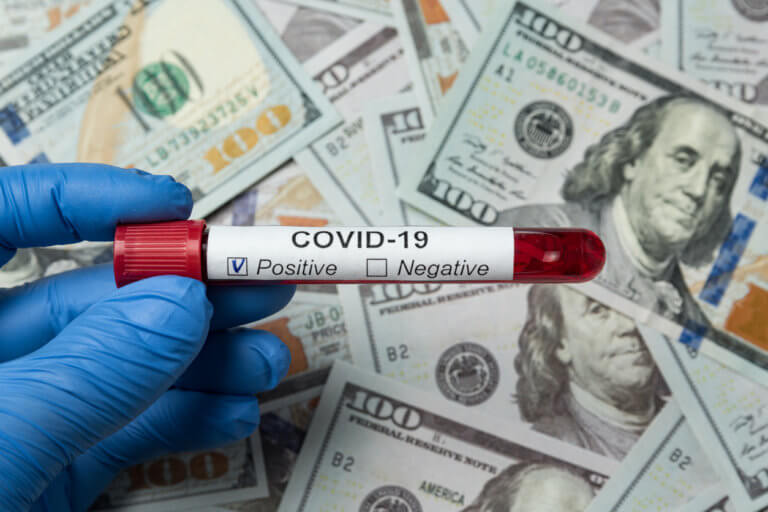
Due to the urgent financial needs that COVID-19 has created in the United States economy, the SBA does not require the same amount of documentation as usual for people to get loan funds. As a result, some entities devised fraudulent schemes to obtain money through this loan program.
The flip side of this situation is that people who or merely trying to stay in business might get accused of COVID relief fraud or become victims of related scams. An El Paso, Texas, criminal defense attorney can help. Here is an overview of what you need to know about COVID relief fraud.
The SBA Asks Banks to Be Watchdogs
The Small Business Administration (SBA) alerted banks to be on the lookout for and report suspicious activity related to COVID-19 Economic Injury Disaster Loan (EIDL) funds that get deposited into business or personal bank accounts. The notification applies to both advances, also called grants, and direct loans. The SBA designated points of contact at the Small Business Administration so that depository financial institutions can report suspicious activity.
The EIDL Program
The Economic Injury Disaster Loan (EIDL) provides qualified agricultural businesses, private nonprofit organizations, and small businesses long-term, low-interest loans if the COVID-19 disaster has caused them to experience substantial economic injury.
The Coronavirus Aid, Relief, and Economic Security Act (CARES) allows the SBA to disburse up to $10,000 right away to applicants who file EIDL applications but have not yet received the loan proceeds. This disbursement is an advance on the loan funds and has to get used for general business purposes.
Suspicious Activity
According to the SBA, these are some examples of suspicious activity or possible suspicious transactions:
- Some entities create front or shell companies to receive EIDL advances or loans.
- A lump sum deposit of COVID-19 EIDL ACH funds shows up in a new customer’s account from “SBAD TREAS 310” and “Origin No. 10103615.”
- A financial institution denies a customer’s Paycheck Protection Program (PPP) loan application because of incomplete or inaccurate information in the loan application, and that customer later receives a COVID-19 EIDL ACH deposit.
- An applicant works with a third party who helps with the EIDL paperwork in exchange for a percentage of the loan or advance proceeds.
- A person or company could be the victim of a scam without realizing that the fraudulent scheme involves the use of EIDL loan funds or advances.
- Some entities use stolen SSN or EINs to apply for EIDL advances or loans.
The Financial Crimes Enforcement Network (FinCEN)
The federal government has a website dedicated to rooting out and taking action on COVID-19 relief fraud. The mission of the Financial Crimes Enforcement Network (FinCEN) is to protect the United States financial and banking system from criminal activity, including money laundering and related terrorist activity.
An El Paso, Texas, a criminal defense lawyer can help if you get caught up in a COVID Relief fraud situation. The consequences of a conviction could be substantial, so you would be smart to work with a lawyer rather than try to handle these things on your own. Contact us today.
Posted in: White Collar Crimes